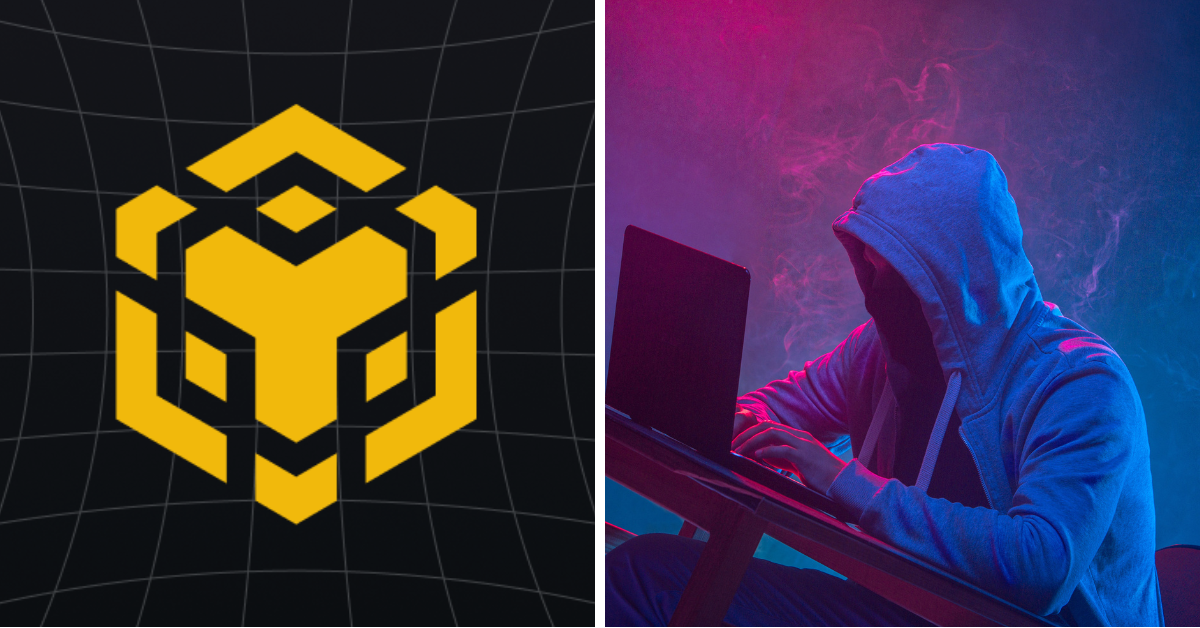Vitalik Buterin set out to study Monroe and Zcash's privacy agreement, which is expected to add privacy to Ethereum
According to a CCN report on May 10, a recent study showed that Monero's privacy protocol is vulnerable to "low-cost trading flood attacks." Vitalik Buterin hopes that Monroe can overcome this difficulty. He expressed interest in integrating the privacy function of Monroe into Ethereum, and the ZK-SNARK used by the privacy currency Zcash has always been his favorite technology. Despite this, he seems to be particularly interested in any progress surrounding the privacy agreement. This became especially clear when a research paper entitled "FloodXMR: Low-cost transaction flooding attack with Monero's bulletproof protocol" was published. It is.

Image source: pixabay
The researcher decided to study the topic called "Flooting Attack on the Monroe Bulletproof Protocol." In short, this means that the attacker fills the network with his own large volume of transactions and then eliminates "mixed input" from the transaction input. This way, an attacker can track nearly 50% of the input at a cost of less than $2,000.
- Boston Federal Reserve: Planning to design blockchain supervision nodes to monitor capital flows and settlements between different banks
- V God and Joseph Lubin, the two founders of Ethereum, donated 2000ETH, and MolochDAO provided financial support for Ethereum 2.0.
- Depth | Coin's stolen 7,000 bitcoins, why did bitcoin rise against the trend and stand out?
By the way, Monroe's chief developer Riccardo "Fluffypony" Spagni is attending the Magical Crypto Conference in New York. As of press time, he has not responded to the FloodXMR report. However, Vitalik responded and caused a small discussion on Twitter, he tweeted:
"Over time, in this privacy scheme, the anonymous set of individual transactions is smaller than the entire set of users of the solution, and its privacy seems to be getting weaker."
Monroe and Ethereum are facing resistance
Some people in the encryption community pointed out that Monroe is not the only project that needs to overcome difficulties. A Twitter fan replies to Buterin saying:
"Like the Monroe, Ethereum is also an obstacle. I believe there will be very smart people to solve this problem. Both projects are compliant."
It was then that the Ethereum co-founder clarified where his comments came from and pointed out:
“I want Monroe to change the privacy scheme so that the anonymous setting of each transaction becomes the setting of all Monroe users to overcome the obstacles! None of the above is for Monroe. I am concerned about the different privacy technologies. The main reason for the debate is to understand which privacy schemes can support Ethereum layer 2."
Ethereum and privacy
This weekend, New York will also host the Ethereal Summit, an event called the Southwestern South-South Conference (SXSW) of the Blockchain. ConsenSys is the host, but Buterin still took the time to publish the Monroe Privacy Agreement. The view.
At the conference, the topics they discussed included Ethereum 2.0 and PoS protocol switching. According to reports, Messari CEO Ryan Selkis predicts that the PoS protocol will take several years to change. If this is true, then features such as privacy may also be pushed back. Still, when Buterin responded to Tesla's CEO Elon Musk about what could be built on Ethereum, he considered privacy to be an important feature. The Ethereum co-founder responded to privacy by 13 points, one of which is:
* Privacy protects the personal data market for machine learning (you pay me X, I let you execute the function Y homomorphically on my data, and my data has been certified by Z…) * Used to prevent social networks The encryption economics of spam.
Buterin expects ZK-SNARK technology to increase the scalability of Ethereum to 500tps, while its current processing capacity is about 15tps. ZK-SNARK technology will also enable it to expand capacity. This approach is different from the Litecoin blockchain, which is adding a second-tier payment solution Lightning Network (LN) and privacy. Litecoin is exploring the integration of Mimblewimble technology to protect privacy. Monroe was launched in 2014 with a bulletproof protocol.
Given the unstable nature of Monroe's traceability reports, it may be a good idea for all of these privacy coin project leaders to collaborate. Vitalik Buterin also published an article today entitled "Control as Liability."
We will continue to update Blocking; if you have any questions or suggestions, please contact us!
Was this article helpful?
93 out of 132 found this helpful
Related articles
- Hu Jiwei, China University of Political Science and Law: When the blockchain encounters notarization, trust becomes simple and reliable.
- 44 "blockchain + AI" application scenario analysis, do you think it can be more complete?
- In the first half of the year, it has risen by 110%. Bitcoin is almost 7,000 dollars. Is the bull market coming?
- Bitcoin rose nearly 100% in five months, and the "out of the box" market is unreliable?
- 88% increase! 2019 Forbes global blockchain top 50 list, you may not understand these 3 details
- US Commodity Fund (USCF) submitted a new cryptocurrency ETF application to the US SEC
- The pie continues to hit a new high today, how will the next market go?




